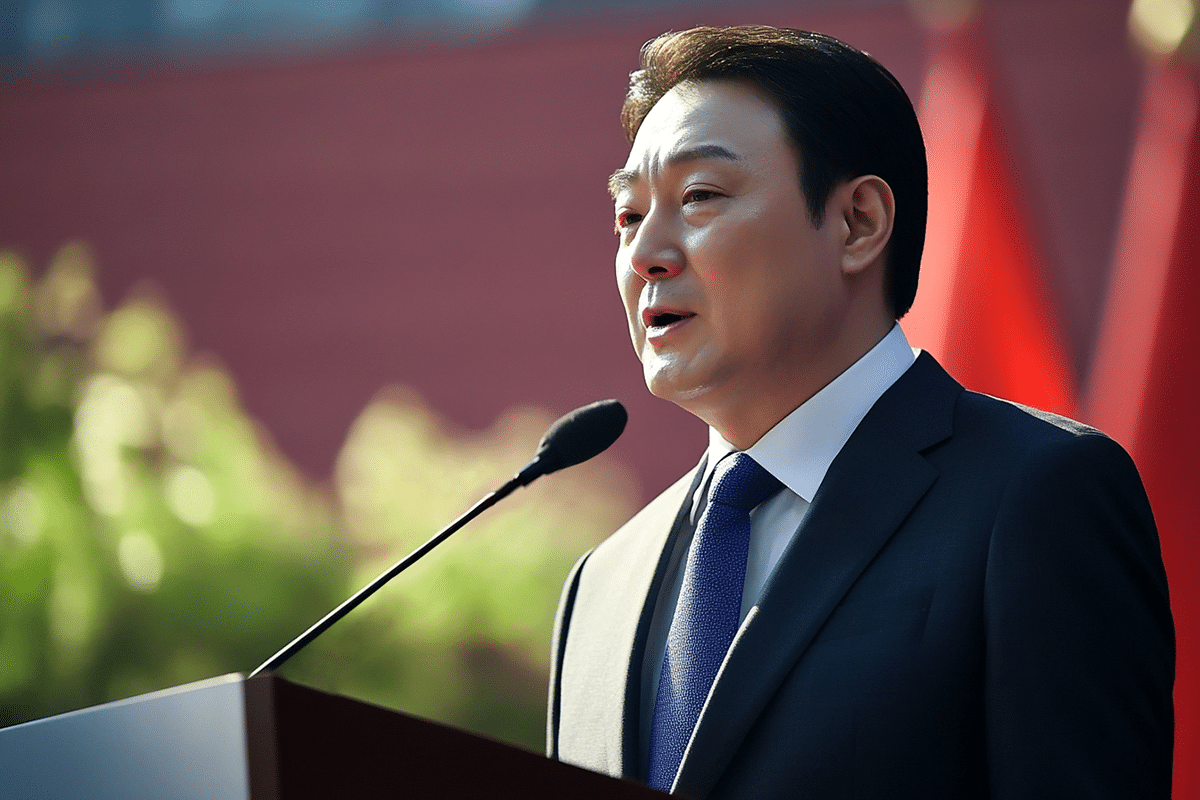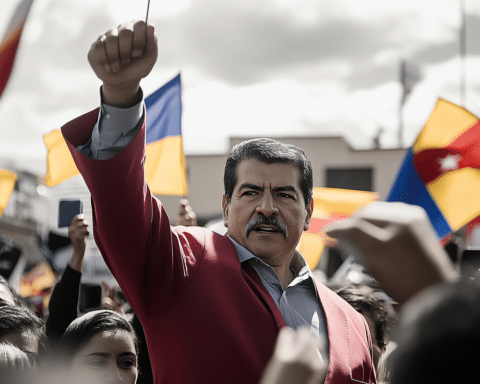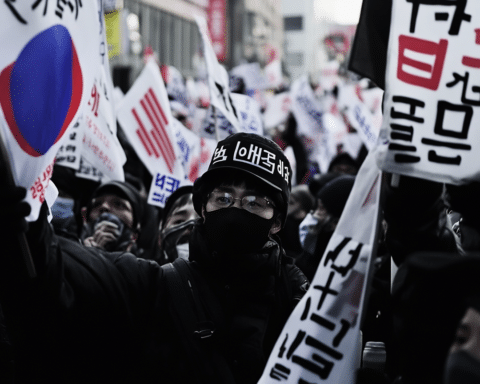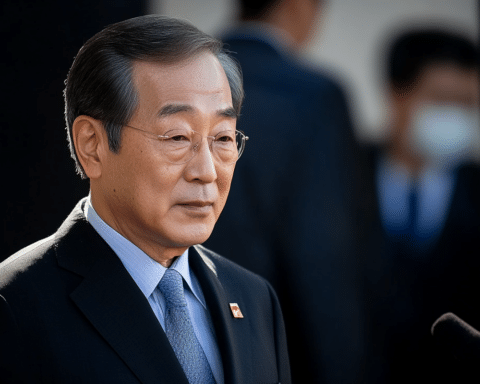South Korea’s President Yoon Suk Yeol has declared emergency martial law, accusing the opposition of engaging in anti-state activities that he claims threaten the nation’s stability. The announcement, made during a televised address, marks a dramatic escalation in the nation’s political tensions and has drawn widespread criticism across the political spectrum.
The president justified his decision by citing the opposition’s alleged control of parliament and their supposed sympathies toward North Korea. He framed the move as necessary to “eradicate anti-state forces” and restore constitutional order. This decision comes at a time when Yoon has been struggling with declining approval ratings and mounting challenges to his agenda since taking office in 2022.
Yoon’s declaration has sparked significant backlash, including from members of his own conservative People Power Party. Party leader Han Dong-hoon criticized the martial law as a misstep and vowed to oppose it alongside the public. Meanwhile, the leader of the liberal opposition Democratic Party, Lee Jae-myung, condemned the move as both illegal and unconstitutional. The Democratic Party held an emergency meeting in response to the declaration, highlighting the growing political unrest.
The martial law announcement adds fuel to an already tense political environment. The president and the opposition have been at odds over the 2024 budget bill, which has led to a legislative stalemate. The opposition has also sought to impeach three top prosecutors, including the head of the Seoul Central District Prosecutors’ Office, which conservatives argue is an attempt to shield Democratic Party leader Lee Jae-myung from ongoing investigations.
Yoon has also faced criticism for dismissing calls for independent investigations into scandals involving his wife and high-ranking officials. These controversies have further polarized the political landscape, with opposition leaders accusing the administration of misusing power to deflect accountability.
The declaration of martial law has raised concerns about its potential impact on South Korea’s democratic processes and governance. Yoon characterized his decision as an effort to restore national stability, but opposition leaders and political analysts warn of the potential for further erosion of democratic norms.
As the political crisis unfolds, South Korea faces uncertainty about how this dramatic development will influence its government and broader political stability. Critics argue that martial law could deepen divisions and disrupt the democratic order, while supporters of the president assert it is a necessary measure to protect the nation.
Yoon’s administration now finds itself at a critical juncture, with public trust and political cooperation hanging in the balance. The next steps will likely shape South Korea’s political landscape for years to come.





